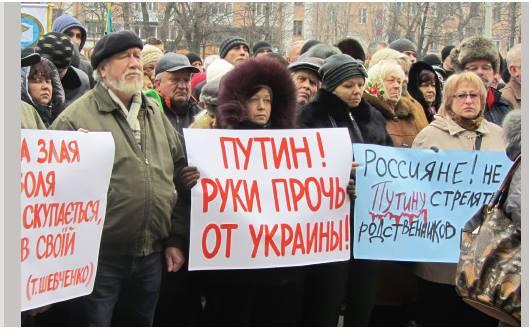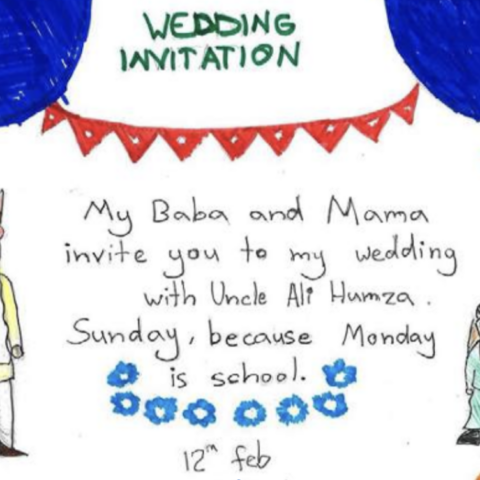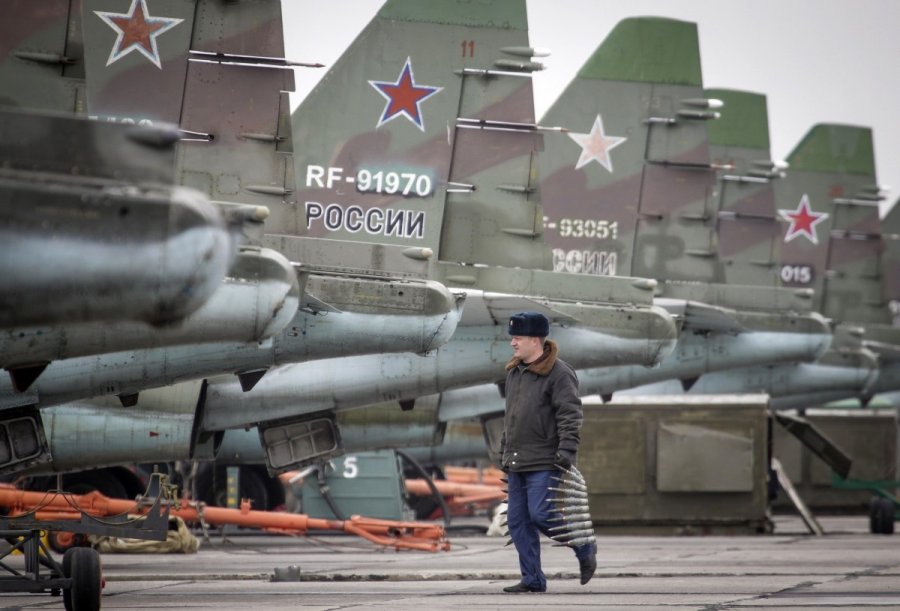By: Victoria Barker

All eyes have been on Europe these past few months. Given the kick-off of the Olympic games in Sochi and the revolution in Ukraine, much foreign policy has been focused on Russian President Vladimir V. Putin’s sphere of influence. Since November, Ukrainians have gathered in the streets of Kiev to protest then-President Viktor Yanukovych’s regime and take a stand against a potential Ukrainian alliance with Russia (as opposed to the European Union). Vladimir Putin has overtly attempted to exert his dominance in Ukraine by threatening to cut Ukraine’s natural gas supply if Ukraine continued talks of alliance with the European Union — a move that would send Ukraine’s already recession-ridden economy into a downward spiral. Putin continues to exert his influence, particularly since the Ukrainian parliament voted in late February to oust Yanukovych, (replacing him with interim President Oleksandr Turchinov). To date, more than sixteen thousand Russian troops have invaded the Crimean peninsula.
The Crimean peninsula in Ukraine has historically been a point of contention in Slavic politics. The first armed conflict over Crimea took place during the Crimean War of 1853, a war between Russia, the Ottoman Empire, France, Britain, and Sardinia. The war resulted in Russia’s annexation of Crimea, but it was given to Ukraine in 1954 as a statement of solidarity on the part of Nikita Krushchev, the leader of the Soviet Union at the time. In 1997, Ukraine and Russia entered into a treaty allowing Russia to keep its military base in the Crimean city of Sevastopol until 2042. Today, 60 percent of Crimea’s residents identify as “Russian,” while the remaining 40 percent of residents are Ukrainian and Tatar. Crimea is largely aligned with Russia, though much of Western Ukraine desires to align with the powers in the European Union.
Everyone seems to have an opinion on what should be done about Putin’s meddling in Ukraine and there seems to be good reason for these opinions. First of all, in today’s highly connected society, the international community heavily examines human rights in any given state. Many see Russia’s aggressive actions in Ukraine as a potential human rights violation against the Ukrainian people. After countless hesitations on the part of Western powers, which chose not to intervene in human rights crises such as those in Rwanda or Darfur, Western states seem to have taken the moral high ground in their desire to intercede in Crimean hostilities. Perhaps this is simply an effect of our globalized world, which allows economic and security issues to make their way into the international arena when conflict occurs in a small, yet integral state. The current conflict in Ukraine is an example of such a situation.
Ukraine is the world’s second largest exporter of grain. As a European product, Ukrainian grain has the shortest distance to travel in order to meet international markets, thereby meeting a critical need of the short-term global food supply. According to Kona Haque from the Macquerie Group (a global financial investment organization), “Prices are rising but maybe a little more than they would normally because of the political risk. There is a premium attached to Ukrainian grain exports right now, which puts the pressure back on the U.S. [the world’s largest grain exporter]”. As an important staple in the international food supply, Ukraine’s grain matters in order to maintain global economic stability.
Russia’s intervention in Ukraine also poses serious challenges to natural gas prices worldwide. Since Russia is a heavy oil and natural gas producer, it has a strong stake in the global supply of natural gas — particularly in Europe. In 2009, when Russia and Ukraine were engaged in a heated conflict over Russia’s influence in Crimea, the gas pipe to Europe was disrupted which resulted in skyrocketing gas prices overnight. The same is likely to happen if Russia follows through on its threats to suspend the natural gas supply to and through Ukraine.
When asked by Russian media sources about Russia’s role in the current “Ukrainian revolution”, Putin justified his military action by saying that economic and humanitarian relations can only be developed after the situation is “normalized.” He has stated that Russia has the right “to take all measures to protect the rights of” Russian- speaking citizens in Eastern Ukraine. The U.S. Ambassador to the U.N., Samantha Power, negated Putin’s statement, saying, “Russian military action is not a human rights protection mission. It is a violation of international law.” World leaders have a decision to make about whether or not they will hold Putin accountable to the actions he is taking in Ukraine, because ultimately this situation is not Russia versus Ukraine, but rather Putin versus Ukraine’s democratic future.
Many Russians have asked Western citizens to not comment on social media outlets on issues foreigners are not witnessing first hand. While this issue, like any international crisis is perhaps better understood by witnessing the events first hand or ethnically identifying with the people who are experiencing the issue, Ukraine is a subject of concern for individuals outside of Eastern Europe as well. Perhaps it is time to see Ukraine as something more than just “little Russia” and to fight for the humanitarian and economic rights that Ukraine, as a sovereign state, deserves. While there are historical and ethnic ties that have come to light in the Ukrainian conflict, perhaps it is truly about freedom that Forbes contributor Ken Silverstein describes. Freedom “not just to political expression, but also to explore new economic ties with the western world, which includes finding additional access to lucrative natural gas supplies.”

